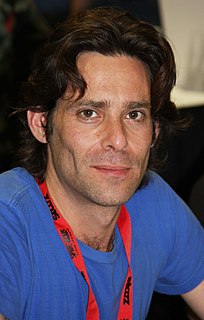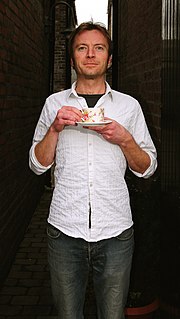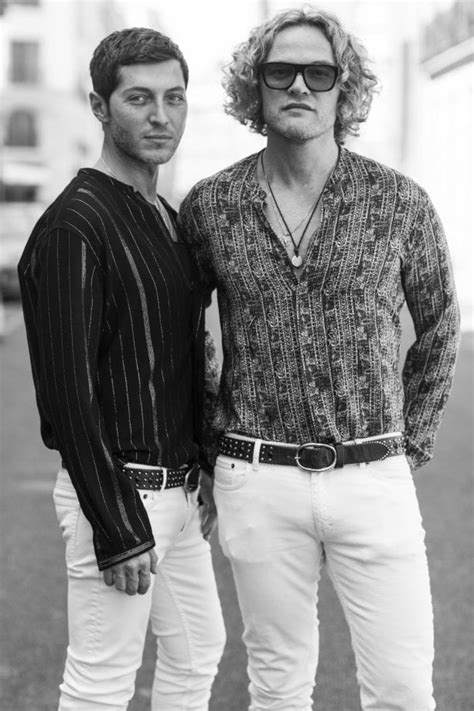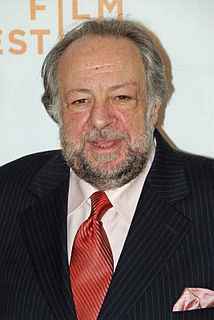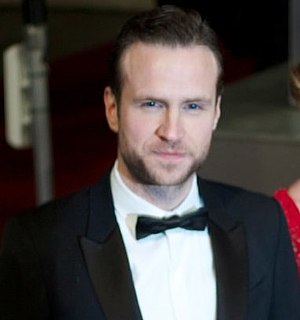A Quote by Joseph Fiennes
I think religion might throw up a kind of resistance, but I think if one talks about conditioning we can all kind of understand that.
Quote Topics
Related Quotes
Generally the impulse to find justice through punitive measures can be a kind of quicksand. What James Whitman, the scholar I cite in the chapter of my book, talks about as an urge to level down, I think you see that everywhere. We're going to be a punitive society, so we might as well level out that punitiveness. Bankers and college swim stars and everyone face that same kind of wrath.
When people ask the Dalai Lama, "Is Buddhism a religion?" he answers, "Yes, it is." Then they ask, "What kind of religion is it?" He responds, "My religion is kindness." You might think, "Everyone's is." Everyone's is. That's true. It's not complicated to describe the goal of a spiritual life. It's easier than you think to explain it. It's more difficult than you can imagine to do it.
The kind of love my mum talks about is full of worry and work and forgiving people and putting up with things and stuff like that. It's not a lot of fun, that's for sure. If that really is love, the kind my mum talks about, then nobody can ever know if they love somebody, can they? It seems like what she's saying is, if you're pretty sure you love somebody, the way I was sure in those few weeks, then you can't love them, because that isn't what love is. Trying to understand what she means by love would do your head in.
On a personal note, myself, I find religion - I can understand it, I can understand why we have it, as a kind of force on the planet. And I also at the same time think it's ludicrous. My Latin education teaches me that religion comes from religio, which means, "to bind." To bind with rope. And that's all it means.
I think a lot of people, when they think about the house, they think of the print. But when people think about Emilio Pucci, I want them to think about this really, really hot girl, so my biggest job is to give her a face and an identity - and I do that by trying to associate that kind of print that people have in their minds with a kind of girl who is free-spirited, rebellious, a little bit rock 'n' roll, and who has a lot of energy, who is up.
I think the more you have a generalist perspective, I think sometimes the more you can kind of see through the forest and the trees. And when it gets a little bit cloudy, you know, have some sense of, "Well, maybe this might happen or maybe that might happen." So I really am a big believer in liberal arts education. I think it's better - particularly in these kind of uncertain times - to know a little bit about a lot of things as opposed to being expert in one thing.
I do think deception... There's something kind of odd about tricking people for a living, but ultimately, it's a remarkably honest profession, when you think about it. If you violate that code, and you say you're not using camera tricks, and then you do, I actually think that's a kind of serious moral issue.
You do stuff that gets a reaction and you think 'that's a winner' and then it never sees the light of day. But the thing with improvisation is that 90% of what you come up with won't be used and for good reason. But you keep going for the occasional gem that you might come up with. You do a scene and a lot of the time. We wouldn't cut. So, you come up with something that might be funny and then you go, 'alright, what else'? So, you kind of throw stuff against the wall and see what happens. But you've got to be prepared to make a fool of yourself.




